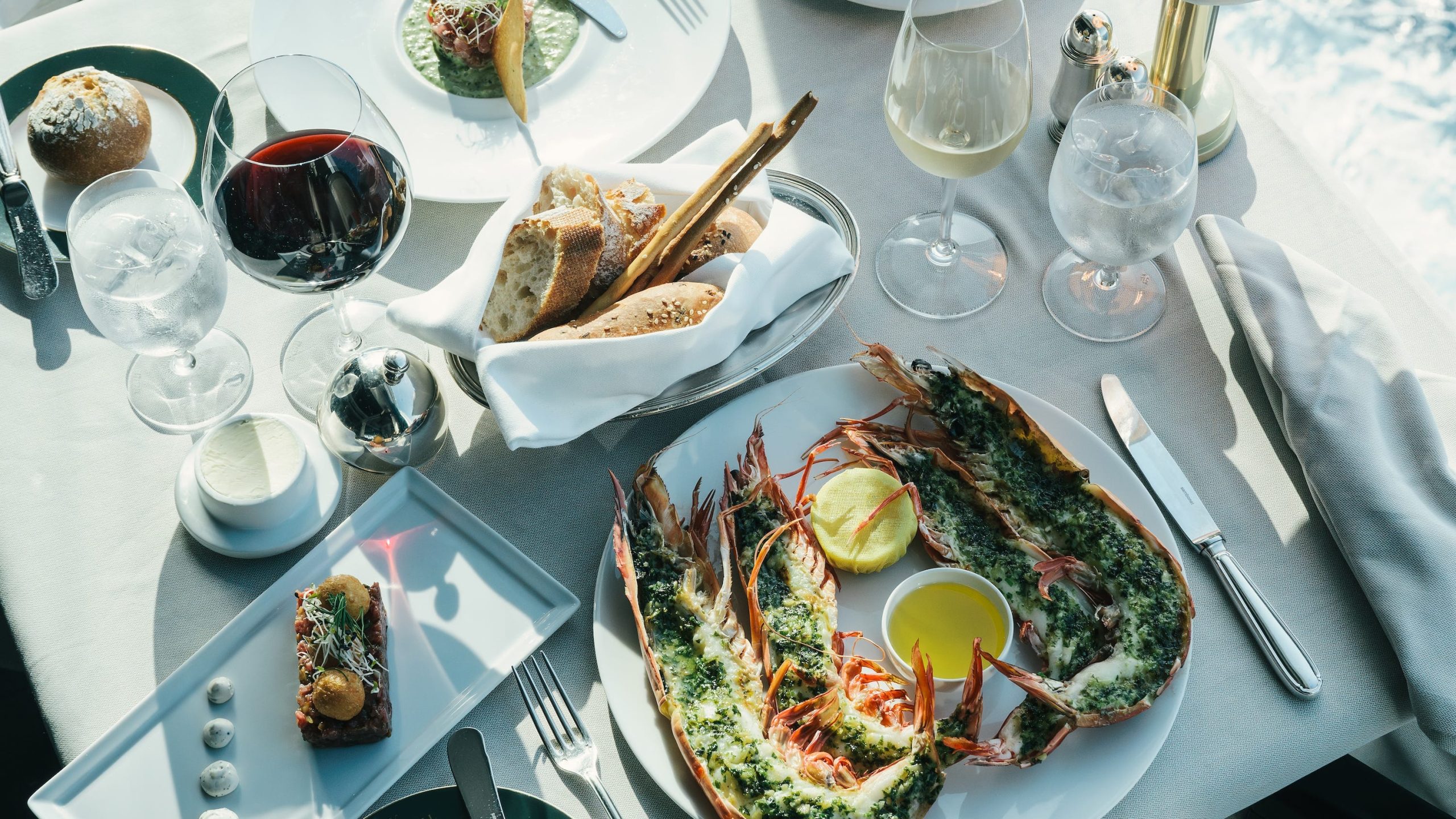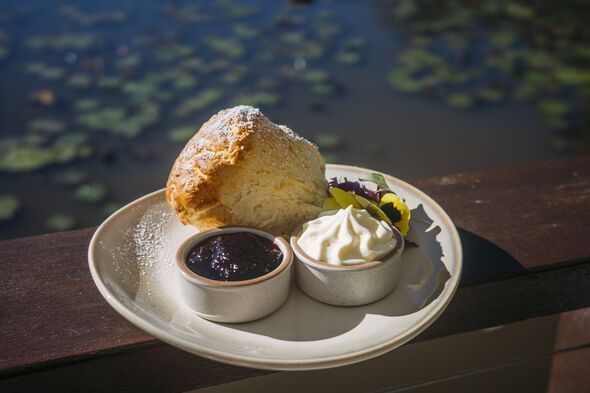Summary
Oceania Cruises’ new luxury ship, Allura, elevates small-ship travel with nine gourmet dining venues, immersive culinary excursions, and chic touches.
Source: Usa Today

AI News Q&A (Free Content)
Q1: What unique culinary experiences does Oceania Cruises' Allura offer to its passengers?
A1: Oceania Cruises' Allura provides an extraordinary culinary experience with nine gourmet dining venues. These include the wellness-inspired Aquamar Kitchen, offering fresh juices, smoothies, and healthy meals, and the French restaurant Jacques with its innovative menu. The ship also features a unique Dom Pérignon Experience, showcasing a six-course tasting menu paired with different Champagne vintages. These experiences highlight Oceania's commitment to providing a luxurious and diverse dining atmosphere.
Q2: How does Allura integrate sustainable practices into its culinary offerings, and what are the broader implications on tourism?
A2: Allura incorporates sustainable practices by offering locally sourced ingredients and wellness-focused menus, aligning with the global shift towards sustainability in tourism. According to recent studies, such practices not only enhance the dining experience but also promote environmental protection, demonstrating a positive impact on tourism demand. This aligns with findings that emphasize the role of corporate-led sustainability initiatives in fostering tourism growth and boosting regional economic development.
Q3: What are the potential health impacts of synthetic food ingredients, according to recent scientific research?
A3: Recent research has raised concerns about the health impacts of synthetic food additives, such as emulsifiers, artificial sweeteners, and colorants. These additives have been linked to health issues like ADHD, obesity, and gut inflammation. The evidence suggests that such additives may disrupt intestinal homeostasis, leading to broader health implications. This research underlines the need for further studies and policy evaluations to manage public health risks associated with synthetic food ingredients.
Q4: What role do synthetic food ingredients play in the culinary experiences on luxury cruise ships like Allura?
A4: While luxury cruise ships like Allura focus on gourmet and wellness-inspired dining, the use of synthetic food ingredients can still be a concern. These ingredients, often used to enhance flavor and preservation, may pose health risks. However, Oceania Cruises emphasizes fresh and locally sourced ingredients, minimizing reliance on synthetic additives. This approach not only ensures a healthier dining experience but also aligns with increasing consumer demand for natural and safe food options.
Q5: How does Allura's dining experience reflect current trends in culinary tourism?
A5: Allura's dining experience reflects current trends in culinary tourism by offering diverse, high-quality options that prioritize health and sustainability. The ship's emphasis on wellness-inspired menus and luxury dining experiences, such as the Dom Pérignon Experience, aligns with the growing consumer interest in gastronomic travel. This trend highlights the importance of unique and immersive culinary experiences in attracting tourists and enhancing their overall travel experience.
Q6: What innovative dining concepts are introduced on Oceania Allura, and how do they enhance passenger experience?
A6: Oceania Allura introduces several innovative dining concepts, including the first-ever Creperie and the signature French restaurant Jacques with new menus. These venues offer creative and diverse culinary options that cater to various tastes. The addition of wellness-inspired venues like Aquamar Kitchen further enhances passenger experience by providing healthy and trendy food choices. These innovations ensure a memorable and satisfying dining experience for all guests.
Q7: In what ways does Oceania Allura contribute to the sustainability of the tourism industry?
A7: Oceania Allura contributes to the sustainability of the tourism industry by incorporating eco-friendly practices, such as using locally sourced ingredients and offering wellness-focused dining options. These efforts align with broader sustainability initiatives in the tourism sector that promote environmental awareness and responsible consumption. Such practices not only enhance the cruise experience but also support the growing demand for sustainable tourism, ultimately benefiting the environment and local economies.
References:
- Food Additives: Emerging Detrimental Roles on Gut Health.
- Going green across boundaries: Spatial effects of environmental policies on tourism flows





